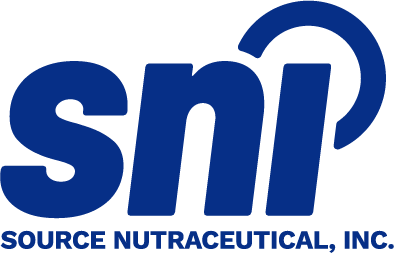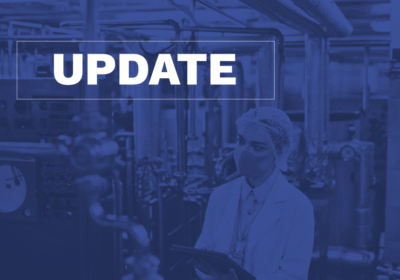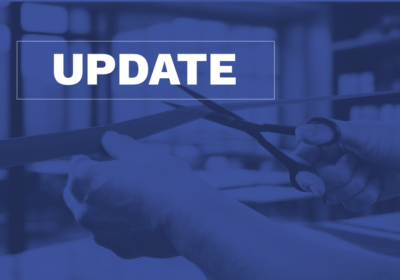The natural health products (NHP) sector in Canada continues to evolve as Health Canada progresses toward a modernized, risk-based regulatory framework. Many industry stakeholders have been monitoring the proposed cost recovery initiative with a tentative target implementation date of December 1, 2025. Health Canada has confirmed that this implementation date will not be moving forward at this time, offering important clarity for manufacturers, importers, distributors, and Canadian product licence holders.
This article outlines the status of the NHP cost recovery proposal, how it connects to the government wide Red Tape Review, and what Canadian NHP businesses need to consider as regulatory modernization continues.
- Background: Why Cost Recovery for Natural Health Products (NHPs) Was Proposed
- Link to the Federal Red Tape Review and Regulatory Reform
- Implications for Canadian Natural Health Product (NHP) Businesses
- Strategic Recommendations for Industry
- Final Remarks
- FAQ
- What is the current status of cost recovery for natural health products in Canada?
- What kinds of fees were proposed under the NHP cost-recovery model?
- Will future NHP cost-recovery fees definitely be implemented?
- How should companies prepare now for future cost-recovery and NHP regulatory changes?
- How might the regulatory modernization agenda affect NHP cost-recovery and compliance requirements?
Background: Why Cost Recovery for Natural Health Products (NHPs) Was Proposed
Health Canada previously launched a public consultation to explore a fee based model for NHP oversight, which would align more closely with other health product categories regulated under the Food and Drugs Act. A revised proposal was later released that outlined a phased implementation over seven years and referenced a target coming into force date of December 1, 2025. It was also communicated that fees would need to be formally published in the Canada Gazette, Part II before becoming enforceable.
Because this publication has not occurred, NHP cost recovery will not begin on December 1, 2025. This update does not signal cancellation, but rather a pause to allow time for broader regulatory changes that directly impact program design and costing.
Link to the Federal Red Tape Review and Regulatory Reform
In July of 2025, the Government of Canada launched a Red Tape Review requiring federal departments to evaluate administrative efficiency and identify opportunities to reduce unnecessary regulatory burden while maintaining public health and safety. Health Canada and the Public Health Agency of Canada published their completed review in September 2025, outlining several actions that will influence both NHPs and non prescription drugs.
Key commitments include:
- Development of a simplified registration pathway for select NHPs and non prescription drugs
- A risk based post market vigilance model, rather than heavy pre-market requirements
- More flexible labelling requirements for NHPs
- Modernized and simplified regulatory requirements for non prescription health products
Because these adjustments could change how oversight is delivered, Health Canada confirmed that the NHP cost recovery model will be reassessed once program changes are finalized.
Implications for Canadian Natural Health Product (NHP) Businesses
Although cost recovery is not launching on December 1, 2025, the NHP sector should prepare for continued regulatory transformation, as the policy direction remains active and aligned with broader modernisation initiatives. Companies should consider the following:
- There is currently no confirmed implementation date for NHP fees, and the timing will depend on the completion and publication of regulatory adjustments
- The final fee structure may change to reflect updated program design, costing models, and revised service standards
- Publication in Canada Gazette, Part II remains a mandatory requirement before any fee structure can come into force
- A modernized regulatory framework may influence licensing pathways, labelling expectations, evidence requirements, post-market obligations, and submission timelines
- Businesses should incorporate scenario planning into 2025–2027 market and portfolio strategies, ensuring that operational, financial, and regulatory decisions remain flexible and informed by future developments
This continues to be an important period for proactive planning, internal readiness, and thorough documentation alignment as expectations evolve. Industry stakeholders are encouraged to subscribe to relevant Health Canada communication channels and trusted regulatory outlets to remain informed on policy and cost recovery updates. SNI will continue to monitor the situation closely and will provide timely insights and updates as new information becomes available.
Strategic Recommendations for Industry
To maintain readiness and competitive positioning, NHP stakehoStakeholders should take proactive and informed steps to position their businesses for regulatory success, including the following:

Monitor public notices and Canada Gazette announcements to ensure awareness of official regulatory developments, proposed timelines, and publication of any future fee orders

Evaluate how a possible registration pathway could influence product launch strategies, including whether certain products may qualify for a reduced pre-market burden or different evidence expectations, and how this may affect priority sequencing and speed-to-market planning

Maintain compliance with the current Natural Health Products Regulations, including active oversight of product licence conditions, site licence requirements, labelling accuracy, monograph alignment, and post-market responsibilities

Map out internal and external budget impacts under future fee scenarios, including forecasting for product licence applications, amendments, right-to-sell fees, and site-related costs, and use this analysis to guide pricing, SKU rationalization, and lifecycle planning

Engage in public consultation periods to ensure sector representation, including providing feedback through trade associations, coalitions, or direct submissions where appropriate, to contribute to policy direction and practical implementation considerations
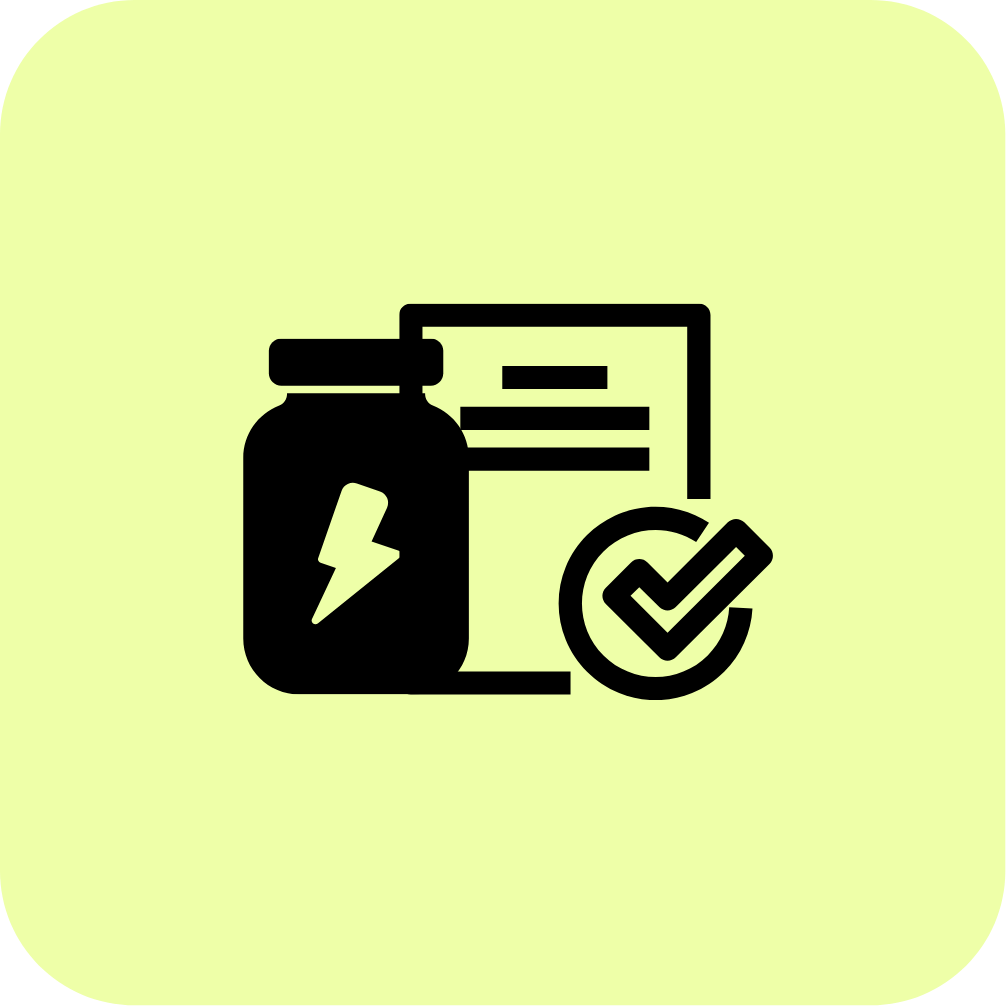
Prepare product documentation that aligns with evolving evidence and labelling expectations, including maintaining updated formulation records, ingredient safety evidence, label claim substantiation, and bilingual artwork files to allow swift action if requirements shift
In addition, stakeholders should consider that many other brands in the Canadian NHP market may also be planning to advance submissions, amendments, and product updates. When working with third-party service providers, laboratories, or regulatory consultants, it is beneficial to remain proactive and allocate sufficient time for licensing, regulatory evidence preparation, translations, label development, and artwork execution to avoid capacity-related bottlenecks that can delay future product launches.
With the cost recovery initiative currently paused, it may be advantageous for companies to assess priority pipelines and consider moving forward with NPN licensing sooner rather than later. Submitting applications during this period may support long-term cost savings if licensing fees are introduced once the updated cost recovery model is finalized and implemented.
Forward-looking planning remains essential, particularly for companies with extensive SKU ranges, active innovation pipelines, private label portfolios, or anticipated expansion into new categories or channels. Proactive readiness will provide flexibility, reduce compliance risk, and support business continuity as the Canadian NHP regulatory framework continues to evolve.
Final Remarks
The pause on the NHP cost recovery timeline offers temporary predictability for companies that manufacture, import, distribute, or market NHPs in Canada, but it does not eliminate the likelihood of future Health Canada NHP fees. Based on ongoing regulatory modernization efforts, it is reasonable to expect that a revised NHP cost recovery framework will re-emerge once the updated regulatory model, service delivery structure, and program costing have been recalculated. As Health Canada NHP regulations continue to evolve toward a more modern, scalable, and risk-based oversight system, it is anticipated that future fees will be aligned with new program requirements, timelines, and operational priorities.
For industry, the most strategic mindset is preparedness rather than assumption, especially given the potential impacts on product licensing, NHP regulatory submissions, business planning, portfolio growth, and lifecycle management. Stakeholders who take a forward-thinking and structured approach will be better positioned to respond efficiently when NHP compliance requirements and cost recovery details are confirmed. Those who wait may experience processing delays, regulatory congestion, and increased competition for consulting, scientific, and lab capacity once NHP fee implementation recommences.
Remaining engaged, informed, and adaptable will offer the strongest competitive regulatory advantage as Canada continues to modernize its NHP regulatory framework to support consumer safety, market integrity, and innovation. Through ongoing monitoring of Health Canada updates, scenario planning, and maintaining strong compliance foundations under the Natural Health Products Regulations, companies can prepare for long-term stability while protecting future commercial opportunities in the Canadian NHP market.
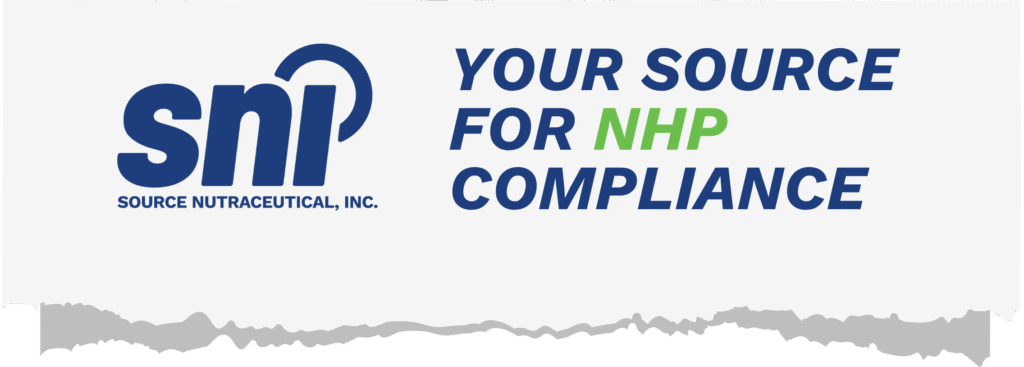
NHP Licensing and Labelling Support from SNI Experts
Is your team preparing for the new product labelling requirements but uncertain whether your Product Facts Table meets regulatory standards? Our team can help. SNI’s regulatory specialists provide a complete range of NHP-related services, including licensing, label reviews, bilingual translations, and in-house graphic updates. This unified approach helps reduce the need to coordinate between multiple agencies while ensuring that you receive comprehensive support in one convenient place. Contact our team today to learn more about our services and pricing.
☘️ More about our services here.
💡 Compliance is easy with the right support!
📩 info@sourcenutra.com
⬇️Send us a request for support or an introductory call:
FAQ
What is the current status of cost recovery for natural health products in Canada?
Health Canada has confirmed that fees for natural health products (NHP) will not launch on December 1, 2025. The proposed cost-recovery framework is paused while regulatory modernization continues. No new implementation date has been officially announced.
What kinds of fees were proposed under the NHP cost-recovery model?
The proposed fee structure for NHPs included three main categories: pre-market evaluation fees for new product licence applications or amendments, site licence fees for manufacturers/importers/packagers, and an annual “right-to-sell” fee for each NPN (Natural Product Number) licence. The model was intended to align NHP oversight more closely with other health products.
Will future NHP cost-recovery fees definitely be implemented?
Yes, while the December 2025 launch date is no longer valid, Health Canada indicates that cost-recovery remains in the plan. The fee model will be revisited once the updated regulatory framework for NHPs is finalized. Stakeholders should not assume cancellation but should prepare for eventual implementation.
How should companies prepare now for future cost-recovery and NHP regulatory changes?
Companies should: monitor Canada Gazette, Part II notices and Health Canada communications; update launch and portfolio strategies considering possible fees; ensure current compliance with the Natural Health Products Regulations; budget for future licence, site-licence and right-to-sell fees; and engage in public consultations to shape the final fee structure.
How might the regulatory modernization agenda affect NHP cost-recovery and compliance requirements?
Health Canada’s modernization agenda includes simplified registration pathways, risk-based post-market vigilance, flexible labelling requirements and streamlined oversight for non-prescription health products. These changes may alter submission deadlines, evidence requirements, review timelines and ultimately influence how and when cost-recovery fees will be applied.
✷ The content on this website, including information presented in this post, is provided for general informational purposes only and does not constitute legal, regulatory, or professional advice. While efforts are made to ensure accuracy, laws and regulations vary by jurisdiction and may change over time. Readers should not rely on this information as a substitute for advice from qualified legal or regulatory professionals. We disclaim any liability for actions taken based on this content, and users are encouraged to seek guidance specific to their circumstances.
